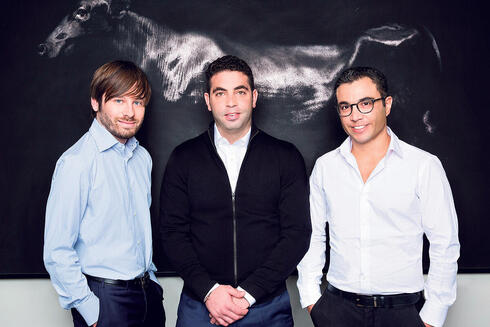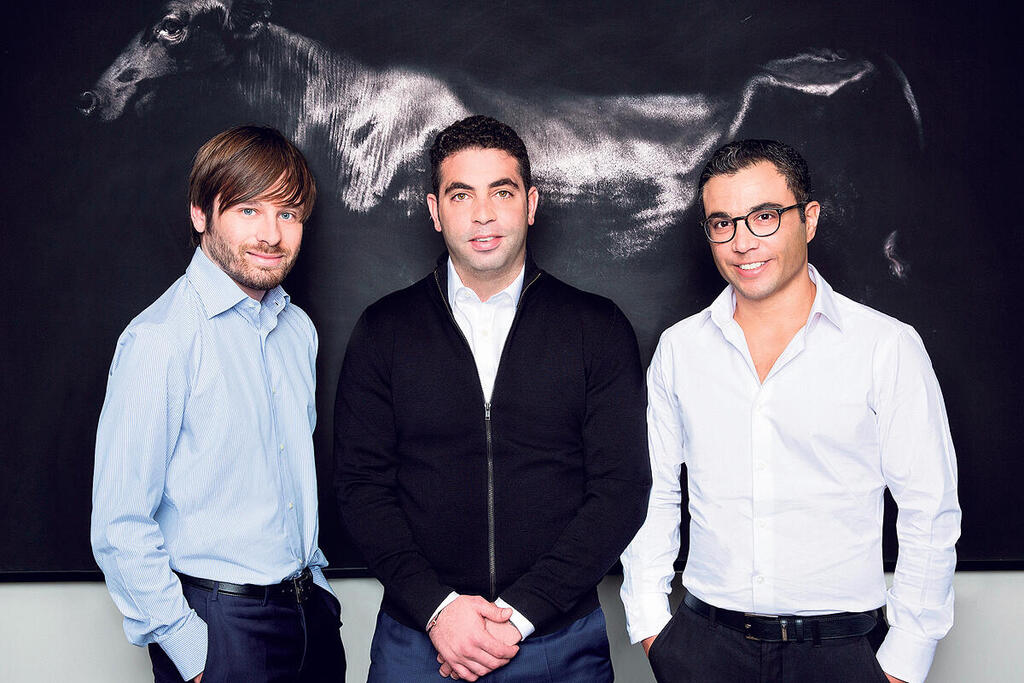
Is the Pagaya bubble bursting?
The Israeli fintech company has lost almost a quarter of its value over the past week, falling beneath a market cap of $11 billion
The surge in the stock of Israeli fintech company Pagaya never seemed sustainable, and it looks as if it may now well be over. Pagaya has lost almost a quarter of its value over the past week since announcing its results for the second quarter of the year, falling beneath a market cap of $11 billion on Nasdaq on Monday. The company has lost almost half its value since peaking at a valuation of around $20 billion at the beginning of August.
Pagaya’s results, announced last Tuesday, were far from disappointing, with its network volume increasing 79% to $1.9 billion in the second quarter. Total revenue and other income increased 83% to $181.5 million, while net loss attributable to Pagaya shareholders reached $146.3 million and was impacted by share-based compensation of $146 million. The company said that it expects its network volume for the entire 2022 to range between $7.2 billion and $7.8 billion, while total revenue is expected to range between $700 million and $725 million. Adjusted EBITDA is expected to range between negative $20 million and positive $10 million, but Pagaya’s share price was always likely to drop regardless of its results.
Pagaya went public at an $8.5 billion valuation via a SPAC merger in June, but its shares quickly plummeted and the company found itself trading at a valuation of around $2 billion. That market cap seemed far more reasonable than its very generous original valuation, but beginning on July 20, when it became apparent that there are fewer than one million Pagaya shares publicly available, the company began suffering from what is known as the “GameStop syndrome”. A herd of speculators identified the opportunity to dramatically affect the stock price due to its low liquidity and the rest has become history.
“From the outside, it seems far more interesting than it is from the inside when you are running from meeting to meeting and deal to deal. The share price isn’t something that interests us that much,” Pagaya CEO Gal Krubiner told Calcalist last week. “What we care about is $700 million in annual revenue. We get excited by rising revenue, not the share price.”














